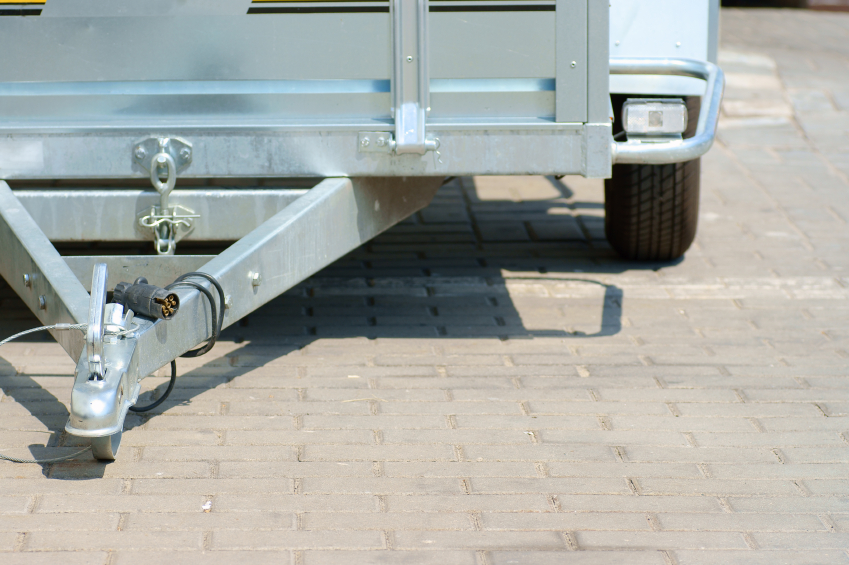An off-road adventure is an exciting prospect, but one that you must prepare for in many ways. We give you a head start with some advice about towing techniques and needs, the benefits of off road couplings and respecting the environment you wish to explore.
Experience counts: Towing techniques and tips
We strongly recommend that you do not attempt off-road towing unless you’re already an experienced off-road driver. Although the basic techniques are the same – using momentum in sand and driving in a straight line up and down hills – carrying a trailer makes everything much more challenging.
As with regular off-road driving it’s imperative that you maintain a visual of every wheel on your vehicle and then extend this to include an image of your trailer. Be mindful of the possibility that your trailer may cut into corners, and never enter an area where you do not feel comfortable backing out.
Also consider:
- The impact or force of your trailer moving toward your tow car.
- Fitting an electric brake controller if you are likely to encounter hill descents.
- Using a lower gear when ascending hills as you may have less steering control and greater front-wheel lifting.
- Adding additional safety chains between towing car and trailer.
- Connecting some cable ties around electrical plugs to keep things in place if your outfit gets knocked about.
- Using ruts and making sure both tow car and trailer have the same ruts.
- Deflating tyres to around 18–20PSI (depending on your load) if driving on sand, and keep up the momentum with more revs – not necessarily speed.
Off road coupling
A coupling is a component that forms the link between trailer and towing vehicle. To travel off- road you will need a coupling hitch fitted for this purpose that allows for greater angular movement. These are generally available in both fixed and override styles. The particular type you will need will be based on several factors including the brake type being used and the loaded weight of the trailer.
Being a very specific application, we recommend speaking with a consultant about your exact needs before purchasing.
Respecting the terrain
Driving through some deserts with a trailer is not recommended. The Simpson Desert in particular is considered out of bounds by the South Australian Department of Environment and Heritage. The principle here is that the Simpson Desert, like many other deserts, does not get graded so any tracks caused will stay intact until the rain and winds smooth them out.
In general, be mindful of the impact of your trailer and respect the environment and any wildlife you come into contact with.
Becoming informed about towing off-road is key to remaining safe and sturdy.
Why not brush up on the towing fundamentals with tips on tyres and some dos and don’ts?





